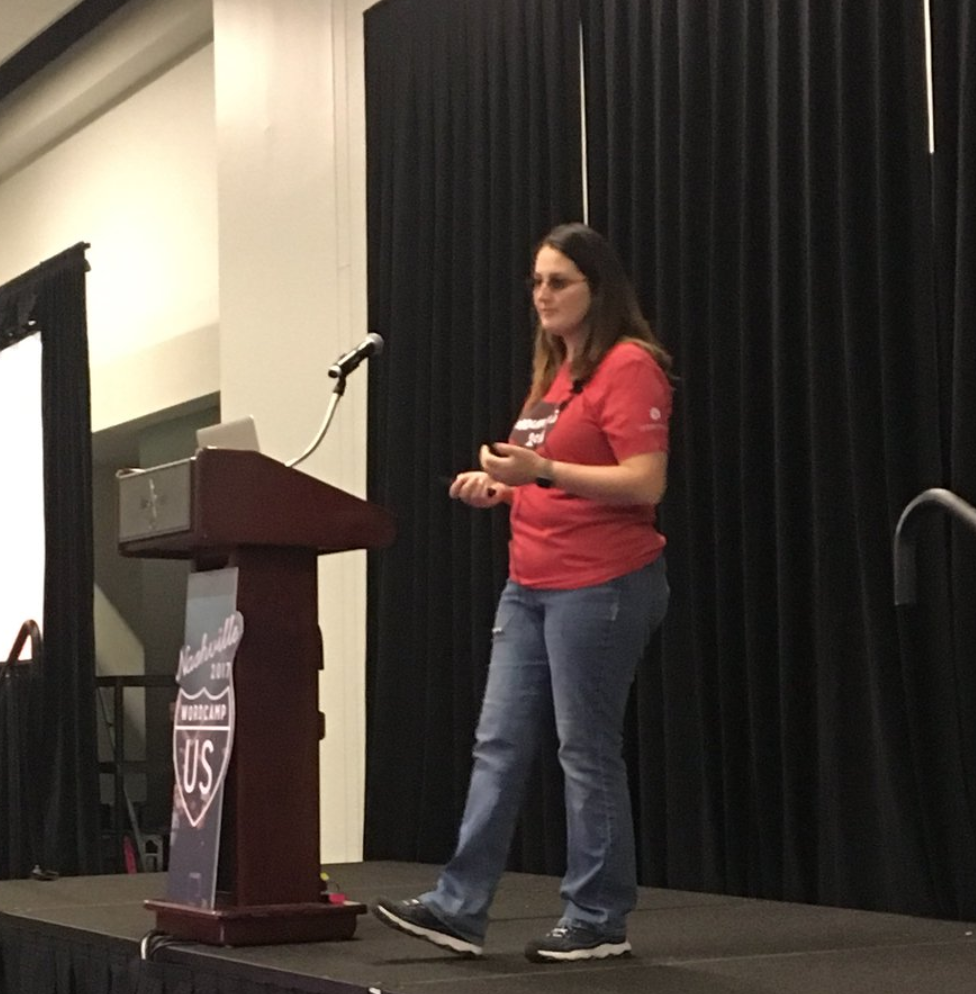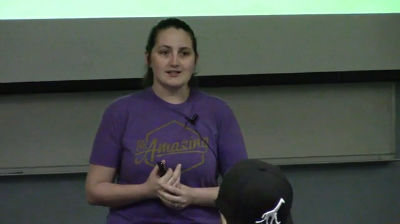Enrolling kids in coding classes or involving them in technology education is not a new thing. In fact, in 2006 President Obama created the “Computer Science for All Initiative” that gave $4 billion in funding nationally for K-12 computer science classes. And more and more schools are adopting coding classes alongside English, Math, and Science. This trend shows just how important the skill is. Not only do career opportunities increase for kids who learn code, it teaches their brains another way to learn and interact with their world.
A study of Generation Z shows that they rely on the web for everything. Their digital experience and their human experience are one in the same so it makes sense to teach them how to innovate on the web via coding education.
This is a perfect place for WordPress to jump in. Taking over the remaining 70 percent of the web will be easier if there is group of loyal young people in the wings.
Getting kids into WordPress early is a great way to make coding and blogging a way of life rather than something intimidating. The earlier they begin, not only will they have an easier time of learning, they’ll understand the way the Internet works and hopefully avoid some pitfalls. Many WordCamps, most notably WordCamp Miami and WordCamp Orlando, have made it a point to add specific Kids Tracks, giving children a safe place to begin their education. This practice makes them feel like they are part of the conference and experience WordPress similar to the adults. Kids attend talks held by developers and community members.
One such developer is Sandy Edwards of Data Driven Labs. Edwards is committed to introducing children to blogging, coding, and Internet etiquette.
Starting Early
Edwards got her first taste of WordPress when she was helping homeschool her middle schooler. At the time, she was a project manager for a web development and design company and found herself having to learn “a little bit of everything, including WordPress.”
From there, she fell in love with the CMS and joined her husband’s WordPress business. That business eventually turned into Data Driven Labs, allowing Edwards to become a full-time developer and discover the magic of the community.
“I’ve been active in our local WordPress Meetup group for about four years. When they needed more assistance managing WordCamp, I got involved right away. I have a degree in Event Management, so it was pretty much inevitable that I started to help organize camps. I’ve been helping for three years, and now this year I just stepped up to be the lead organizer for the 2018/2019 WC Orlando,” Edwards said.
Shortly after, she began speaking at WordCamps about the importance of educating children often and early in the platform.
Why WordPress?
Edwards has always liked kids and realized the importance of WordPress for children when she started homeschooling her son.
“I realize more than ever how important a well-rounded education is. I think STEM is going to be especially important in the future and I want to be part of teaching that to the next generation. Learning WordPress helps kids in so many ways. The internet and computers are already a huge part of their lives, and that’s only going to get more pronounced in the future.”
WordPress lends itself to the perfect coding project.
“WordPress is a great way to get kids interested in coding, logic, problem-solving, and math while also teaching them one of the best ways to build a website,” she said.
Not only are kids using WordPress learning how to code and employ the part of their brain that uses reason and logic, once their site is done, they can fill it with whatever content they like.
“Creating content helps with skills like reading, writing, design, creativity, and research. I also think building a website gives a lot of kids confidence, determination, and a sense of pride in their work, which can be especially important for middle and high school students,” Edwards said.
Set Boundaries
Of course with anything you do with kids you have to take some precautions. Even though the Internet holds a lot of opportunity for growth, it also has a dark side. Edwards best advice is to set boundaries for their children online.
“Parents should always monitor their children’s posts to make sure they aren’t sharing personal information. I also think that parents should always have access to a child’s account, and should be involved with the writing process too. It can be a good way to talk to kids about tricky issues like plagiarism, copyright, and the fact that not everything you read online is true,” she said.
If kids learn online etiquette and the proper way to behave early on, they are less likely to fall into a sketchy situation. They will carry these lessons with them through high school, college, and beyond. Knowing how to question what you read online as well as understanding basic copyright laws will allow for a healthier online experience even as adults.
Moving Forward
Not only is WordPress a great way to learn code, it comes with a community where children can look for help and really find their voices in the space. It’s important that we as WordPress users not only embrace young coders but find ways to make entry into the space easier. Bring your kids to WordCamps or talks held by Edwards and learn how to teach them yourself. Children are the future and the way to powering the entire web.
“WordPress has the opportunity to embrace early childhood education to create an entirely new generation of dedicated WordPress users, not to mention an entire new subset of users. When kids get involved in a community like WordPress it opens up amazing opportunities for the youth of the world that may otherwise not have those opportunities. WordPress is an ecosystem that provides jobs and stability, and can even open up the ability for collegiate education that some may otherwise not be able to afford.”



No Comments